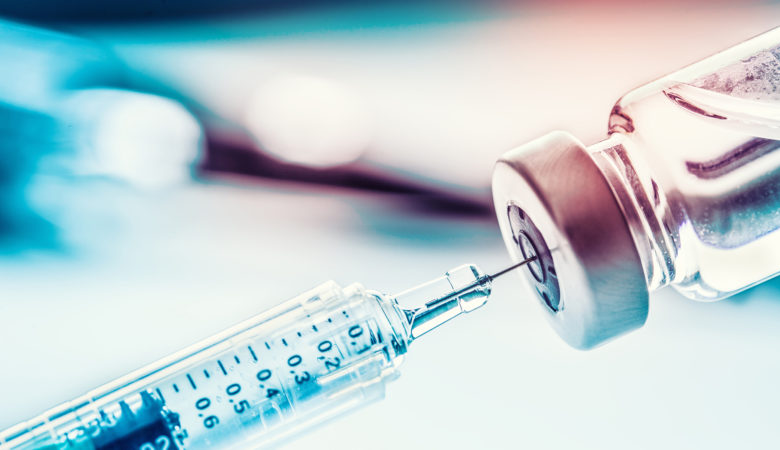IP Enforcement Necessary to Combat Counterfeit Vaccines
Fighting the global pandemic requires unprecedented cooperation and reliable supply chains. Yet, fraudsters have infiltrated markets with falsified and unauthorized COVID-19 vaccines and other COVID-related medical products. These phony and illegal products pose a threat to public health, and authorities must enforce intellectual property rights to ensure that the doses that reach people’s arms and products that protect their living spaces are genuine, safe, and effective.
The World Health Organization (WHO) issued a Medical Product Alert N°2/2021 on Friday, March 26, 2021, in response to counterfeit Pfizer-BioNtech vaccines termed ‘BNT162b2’ found in Mexico and the possible circulation of the product throughout the rest of Latin America. Specifically, the WHO notes the public health risks of fake vaccines:
Falsified COVID-19 vaccines pose a serious risk to global public health and place an additional burden on vulnerable populations and health systems. It is important to identify and remove these from circulation.
The WHO has urgently called on both public and private sectors to carefully review and protect the supply chain, as well as the authorization and licenses of medical products and manufacturers especially those in the digital sphere.
WHO Director-General Tedros Adhanom Ghebreyesus in a press conference called for the public to be aware of illicit trade and criminal groups utilizing the dark web to sell counterfeit and unauthorized medical products ranging from vaccines, masks, vaccination cards, to test kits.
In the United States, Customs and Border Protection (CBP) seized 20 million counterfeit N95 and KN95 masks since the beginning of 2021 and 34 million in total since the beginning of the pandemic. Since March of 2020, authorities have seized phony test kits in the Los Angeles International Airport (LAX). The Federal Bureau of Investigation (FBI) recently released a special alert warning of fake CDC vaccination cards that not only threaten public health but enable fraud of consumers’ private information.
In Mexico, Raúl Sapién Santos, President of the National Private Security Council (CNSP) noted over 400 dark web pages that sell unauthorized and fake vaccines were identified by Mexican authorities. In South Africa, a warehouse containing over 2,400 doses of fake vaccines was raided, while in China fraudsters were arrested for selling over $2 million worth of saline solution vaccines. In the United Kingdom, over £34.5 million or $47.4 million was stolen in pandemic scams.
In response, U.S. government agencies such as ICE, CBP, and the FBI have issued alerts of counterfeit medical products.
The Organization of Economic Cooperation (OECD) released a report warning of the global trade in fake pharmaceuticals and the World Customs Organization issued a notice of counterfeit medical products.
Some countries have responded with extreme measures to the COVID-counterfeit pandemic. Kenya, for instance, has instituted an immediate suspension on the private importation of COVID-19 vaccines to establish transparency and accountability within the nation before opening its market to imports.
As fraudsters exploit the public health crisis, it is urgent and necessary to protect and promote intellectual property rights to produce safe and effective medical products. Vaccines require immense expertise in the manufacturing process in order to create products of quality and effectiveness. While brands and strong IP rights help communicate that masks, respirators, test kits, and other COVID-related products are of good quality and reputation.
Photo Credit: Alachua County from Flickr

